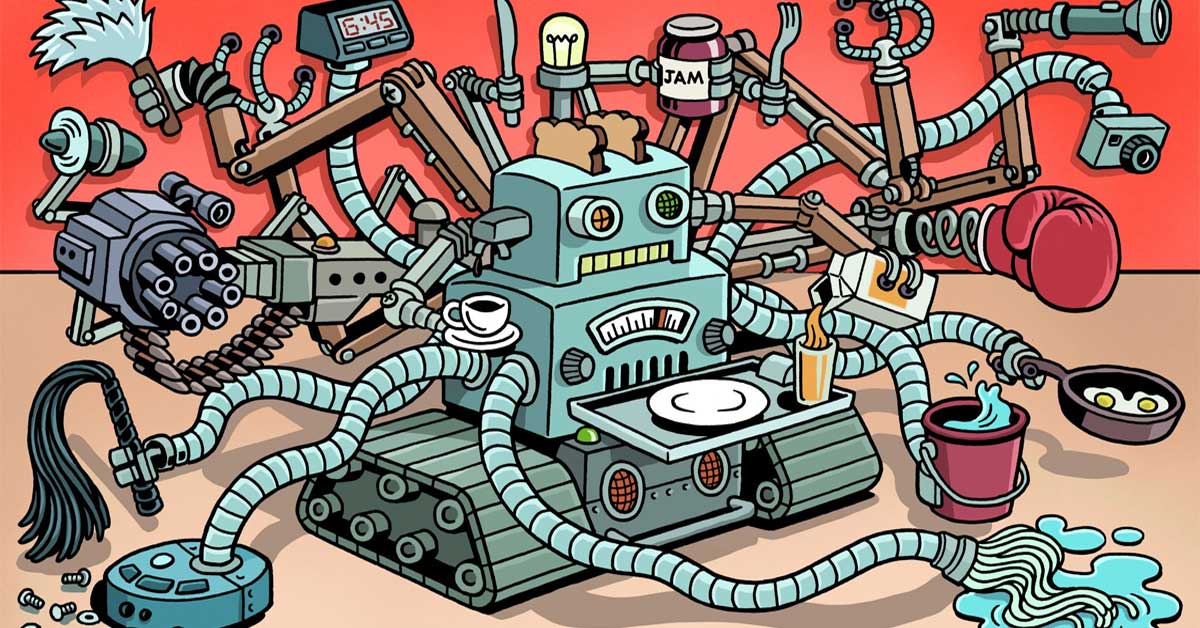Artificial Intelligence (AI) has already revolutionized our lives, from shaping job tasks to influencing warfare strategies. With the advent of accessible AI systems like ChatGPT and DALL·E 2, regular individuals now have the power to create using AI. The public's consciousness of AI is at an inflection point, as anyone with an internet connection can tap into its potential.
Now, the question arises: What lies ahead in this ever-evolving AI landscape? How will AI continue to reshape the way we work and interact with machines? How will it impact productivity, talent discovery, and decision-making? And amidst these advancements, should we consider granting AI its own rights?
The Impact of AI in Various Domains
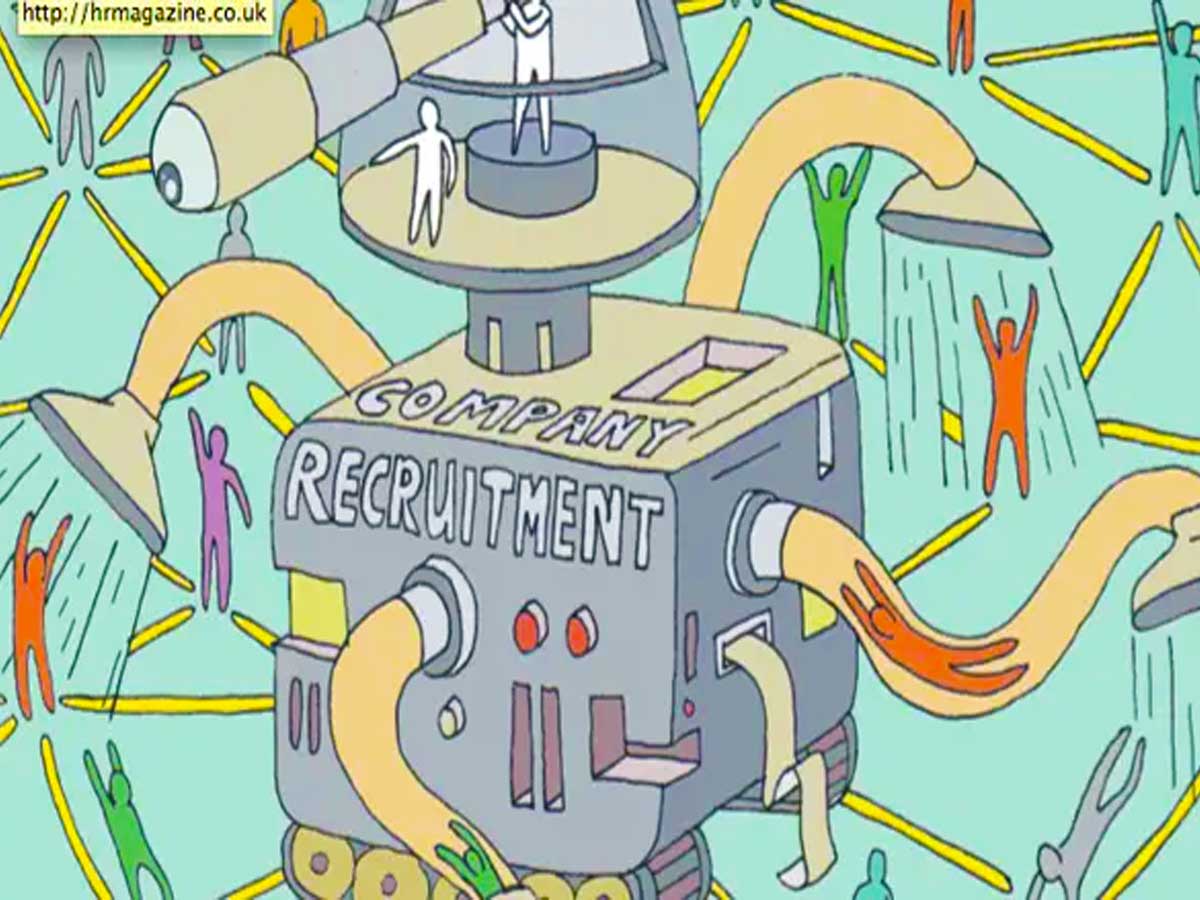
Artificial Intelligence (AI) has significantly impacted a wide range of domains, revolutionizing industries and transforming how we live and work. Let's explore how AI has influenced various sectors and the advancements it has brought.
AI's Influence on Warfare and Defense
In warfare and defense, AI has emerged as a game-changer. It has revolutionized modern warfare strategies, enabling more sophisticated and efficient defense systems.
AI-powered technologies analyze vast amounts of data, identify patterns, and provide valuable insights for military decision-making. From autonomous drones to predictive analytics for threat detection, AI is crucial in bolstering national security.
The advancements in AI-powered military applications are remarkable. Intelligent surveillance systems with facial recognition technology and machine learning algorithms can identify potential threats and enhance border security.
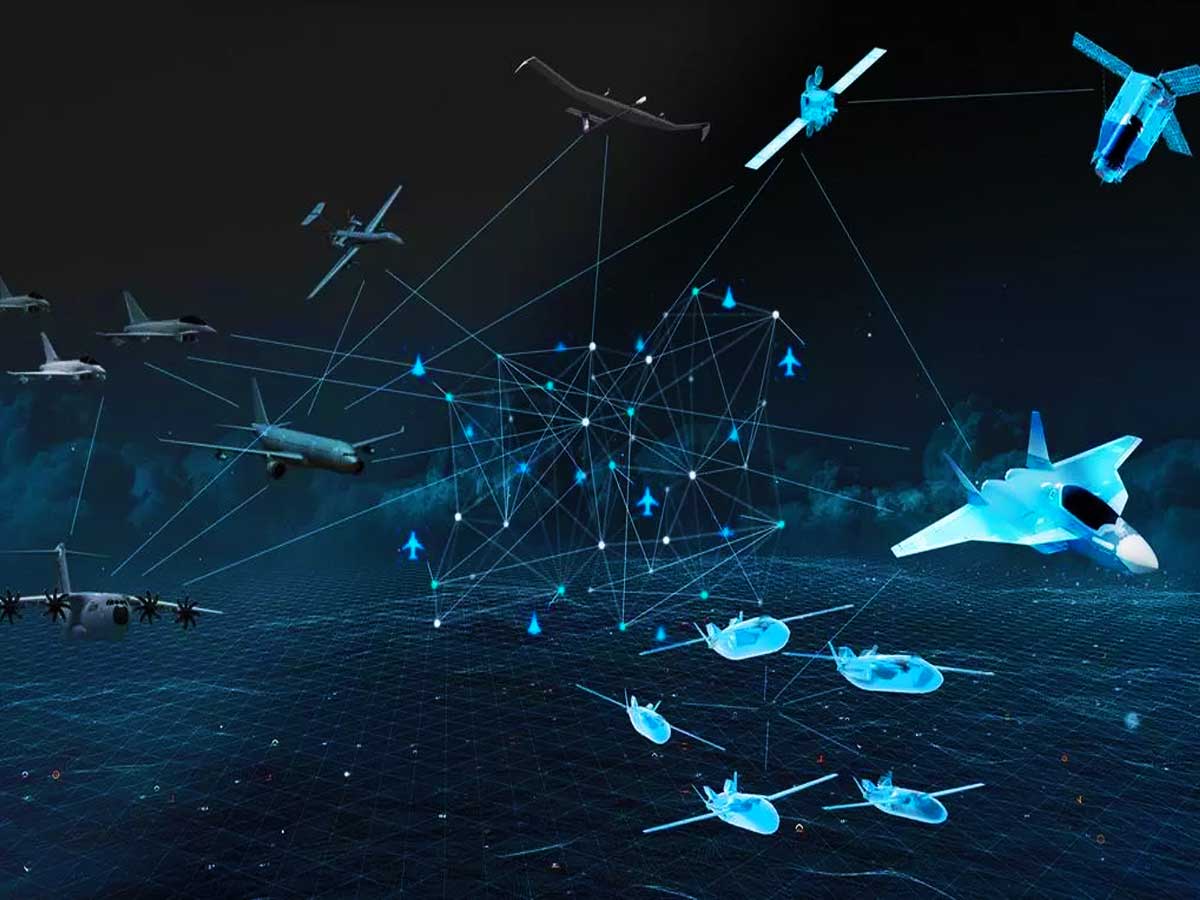
AI algorithms aid in analyzing satellite imagery and monitoring sensitive areas, ensuring timely responses to potential risks. By leveraging AI, defense forces can optimize resource allocation, enhance situational awareness, and stay one step ahead in an ever-evolving landscape.
AI's Impact on Financial and Insurance Sectors
AI has disrupted the financial and insurance sectors, streamlining operations and enabling more accurate decision-making. In finance and capital markets, AI-powered prediction algorithms have become indispensable. By analyzing vast volumes of financial data, AI systems can identify trends, predict market movements, and generate valuable insights for traders and investors. This enhances risk management and enables more informed investment strategies.
The insurance industry has also embraced AI to enhance efficiency and customer experience. AI algorithms assess risk factors, evaluate claims, and automate underwriting processes. This speeds up the insurance process, improves accuracy, and reduces fraudulent claims. Furthermore, AI-powered chatbots and virtual assistants provide personalized customer support, making interactions smoother and more efficient.
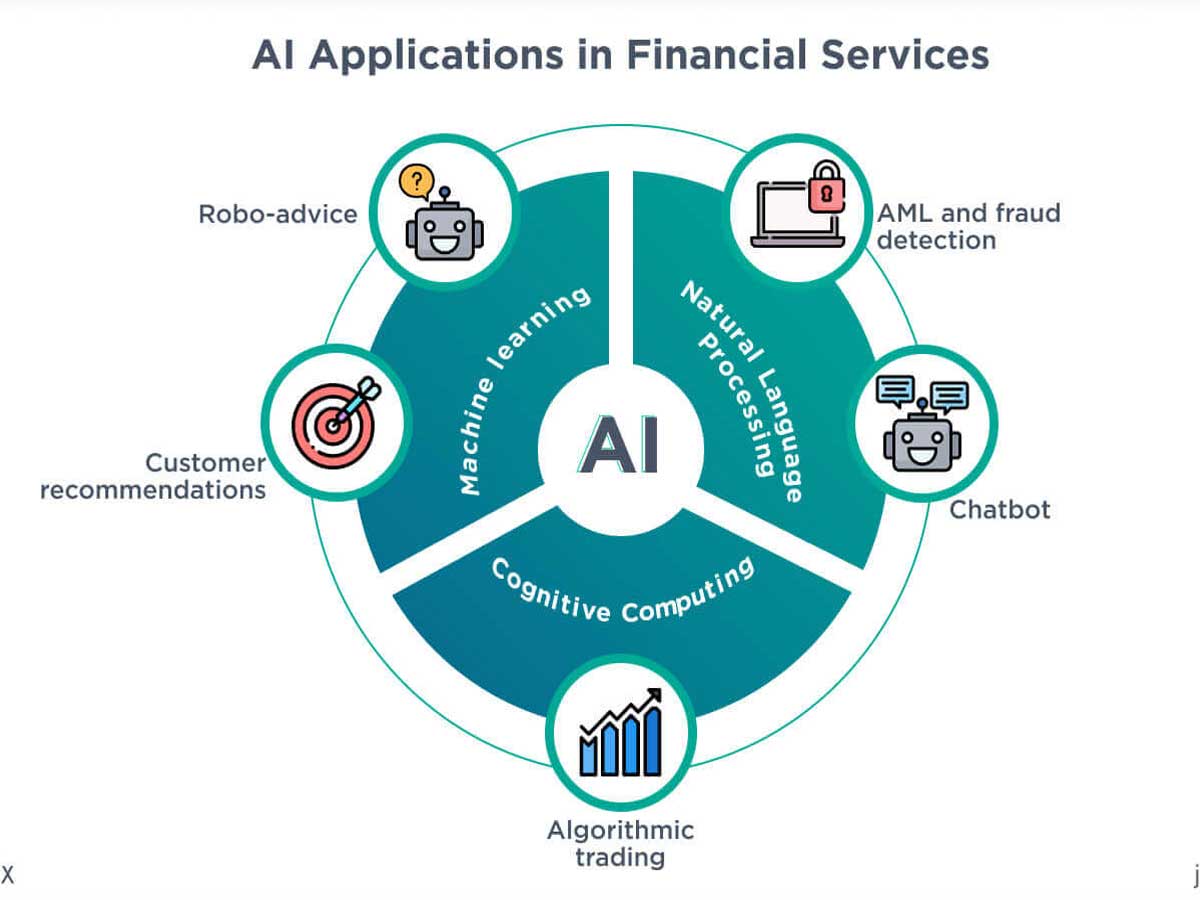
AI in Advertising and Search Results
Integrating AI in advertisement systems and search engine algorithms has transformed how brands reach their target audience and how users discover information. AI-powered algorithms analyze user behavior, preferences, and demographic data to deliver personalized advertisements and search results.
In advertising, AI enables more effective targeting by presenting ads to users who are more likely to engage with them. Advertisements can be tailored based on user interests, browsing history, and online behavior. This maximizes the impact of advertising campaigns and improves user satisfaction by ensuring relevant and meaningful ad experiences.

Similarly, search engines leverage AI to deliver more accurate and personalized search results. AI algorithms analyze search queries, user intent, and contextual information to provide the most relevant and helpful results. This enhances the user experience by ensuring search results align with users' needs and interests.
AI's Transformation of Retail, Logistics, and Media Industries

In retail, AI-powered technologies have revolutionized inventory management, demand forecasting, and customer engagement. Retailers use AI algorithms to analyze historical sales data, market trends, and customer preferences to optimize inventory levels and ensure products are available when and where needed. AI-powered chatbots and virtual assistants provide personalized recommendations and support, enhancing the shopping experience.
The logistics industry has also benefited greatly from AI. Intelligent systems can optimize delivery routes, track real-time shipments, and automate warehouse operations. This improves efficiency, reduces costs, and ensures timely and accurate deliveries.
In the media industry, AI is transforming content creation and delivery. AI-powered tools assist in creating engaging content, from automated video editing to personalized news recommendations. Content recommendation algorithms analyze user preferences, behavior, and feedback to deliver tailored content experiences, making it easier for consumers to discover and access the desired content.
The Evolution of AI: From Learning-Based AI to Generative AI

Artificial Intelligence (AI) has undergone a remarkable evolution, transitioning from learning-based AI to the emergence of generative AI systems. Let's explore these two stages' distinct characteristics and applications.
Learning-Based AI: Computers Building Models for Machines
The current era of AI is often referred to as learning-based AI, where computers build models for machines. Learning-based AI systems, such as ChatGPT, rely on prediction algorithms to process and understand vast amounts of data. These algorithms enable the system to analyze patterns, learn from examples, and make predictions based on input.
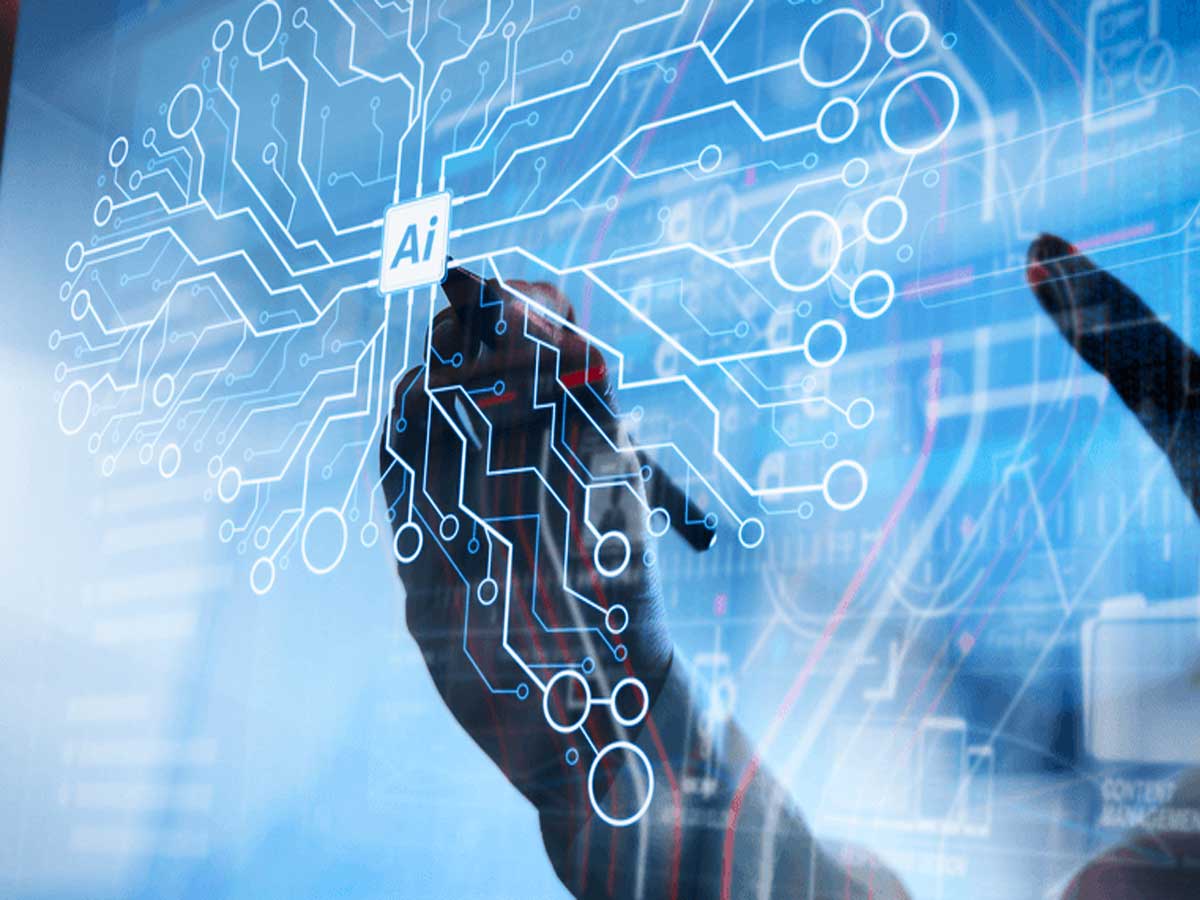
Learning-based AI systems, like ChatGPT, have found their integration in various tools and industries. They have become instrumental in automating tasks, improving efficiency, and enhancing decision-making processes. By leveraging the power of machine learning, these AI systems can comprehend and respond to natural language inputs, imitating human thinking to a certain extent.
Generative AI: Enabling Creative Outputs and Text Generation
The rise of generative AI has opened new frontiers in AI capabilities, particularly in creative outputs and text generation. Generative AI systems, such as ChatGPT, can generate human-like text and creative content. These systems utilize advanced algorithms and machine learning techniques to produce coherent and contextually relevant outputs.
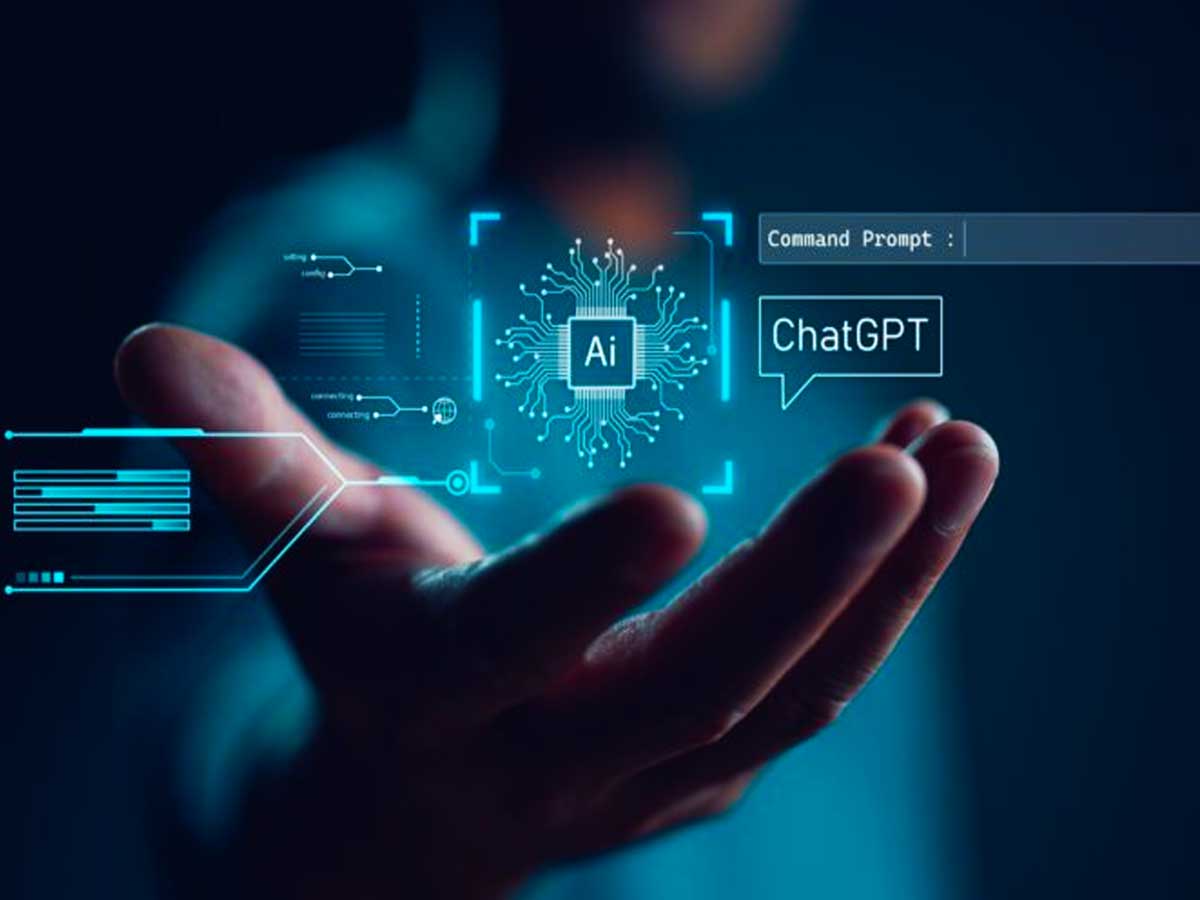
Generative AI systems have found applications across various domains and industries. They are being integrated into tools used by content creators, marketers, and even professionals in journalism and creative writing. By harnessing the power of generative AI, individuals can leverage these systems to aid in content creation, brainstorming ideas, and even automating repetitive writing tasks.
The integration of generative AI into various industries holds immense potential. From generating product descriptions and personalized marketing messages to assisting in research and content production, generative AI systems like ChatGPT have already made significant strides.
The Impact of AI on the Workforce and Productivity
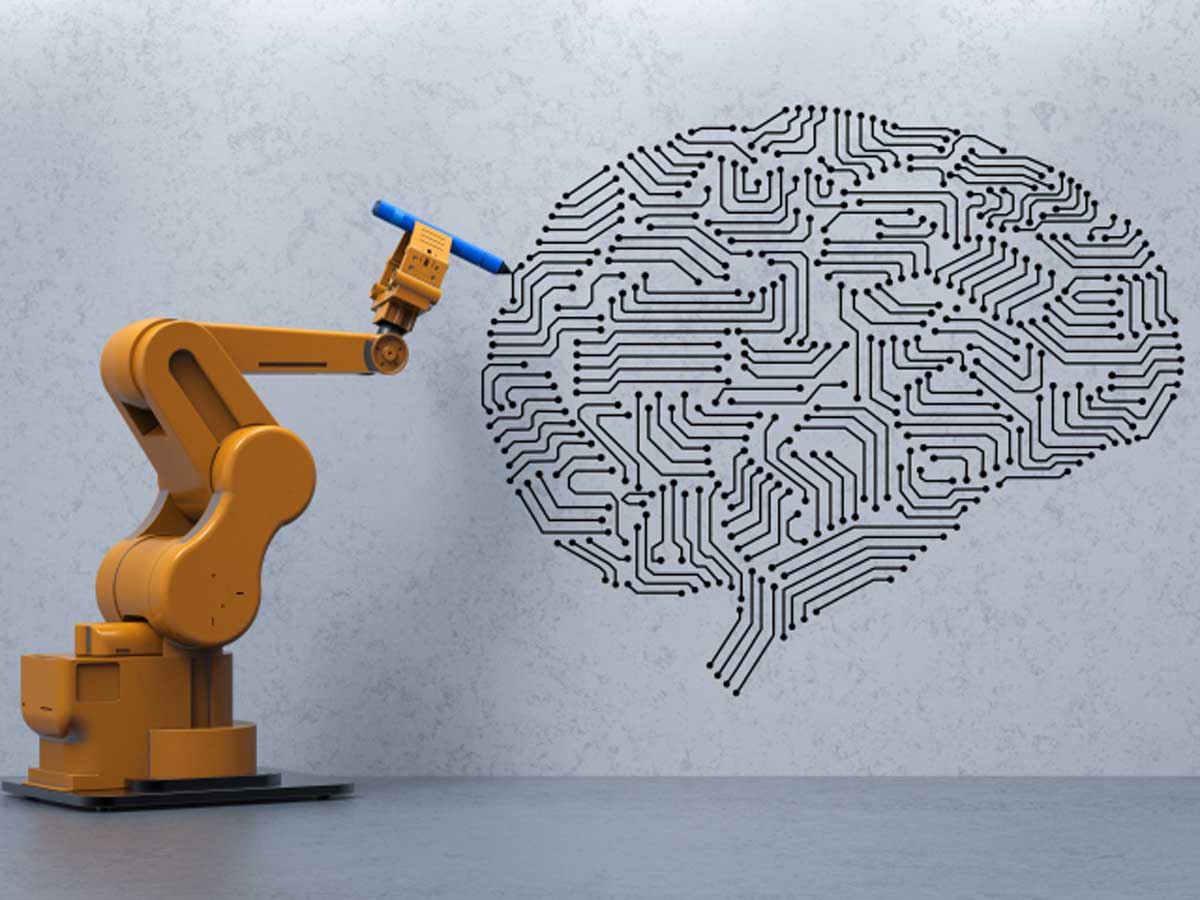
As Artificial Intelligence (AI) advances, its impact on the workforce and productivity becomes increasingly evident. Let's delve into how AI reshapes job tasks, enhances talent discovery, and bridges the digital dexterity gap within organizations.
AI's Influence on Job Tasks and Automation
AI is revolutionizing the nature of work by automating various tasks previously performed by humans. From routine manual labor to complex data analysis, AI systems can efficiently complete these tasks with speed and accuracy. This automation frees human workers to focus on more strategic and creative aspects of their jobs. With the reassignment of tasks to machines, productivity is enhanced as humans can invest their time and energy into areas where machines may not excel.
AI's Role in Job Crafting, Knowledge Work, and Talent Enhancement

AI is transforming job tasks and playing a significant role in job crafting, knowledge work, and talent enhancement. Job crafting involves leveraging AI to tailor job positions to individuals' skills and preferences, creating a more fulfilling work experience.
Furthermore, AI systems are enhancing knowledge work by aiding in research, creating first drafts of documents, and automating repetitive tasks. AI has also shown great potential for older workers, allowing them to leverage their experience and enhance their skills in fields like healthcare.
Conversational interfaces and natural-language processing are crucial components in bridging the digital dexterity gap within organizations. These advancements enable humans to interact with AI systems more intuitively and efficiently, even without specialized technical skills.
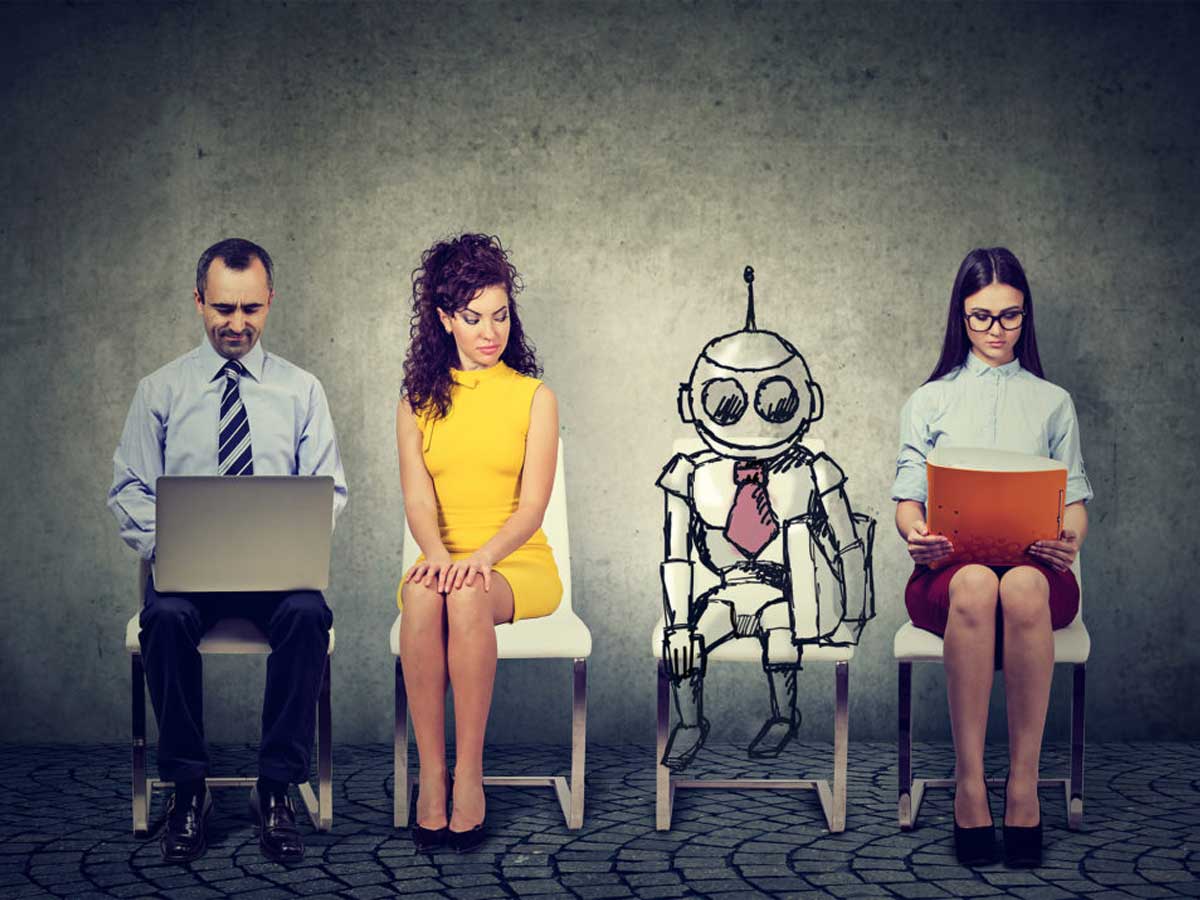
Conversational interfaces facilitate seamless communication and collaboration with AI-powered tools, making them accessible to more employees. Investing in entry-level talent and providing them with more challenging tasks can accelerate growth and ensure organizations stay ahead in the age of AI.
Ensuring Ethical and Effective AI Utilization
As Artificial Intelligence (AI) becomes more prevalent in various domains, ensuring its ethical and effective utilization becomes paramount. Let's examine the importance of critical thinking, human judgment, and the balance between AI and human expertise in different sectors.
Implementing AI systems requires critical thinking and analysis to ensure ethical and effective deployment. Assessing the potential risks and pitfalls associated with AI utilization is crucial.
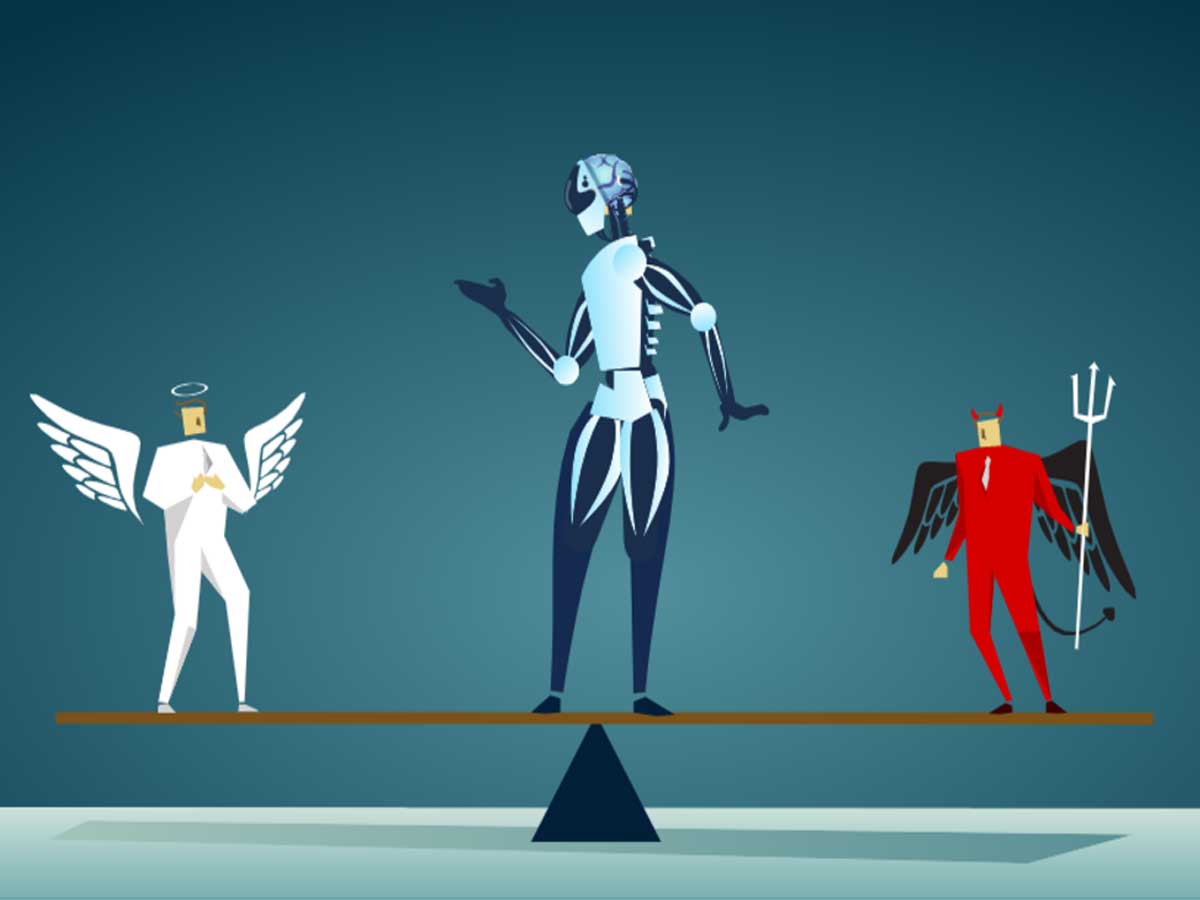
While AI brings numerous benefits, there are concerns about biases, privacy issues, and unintended consequences. By critically evaluating AI outputs, understanding the limitations of algorithms, and continuously refining the systems, organizations can avoid mistakes and seize opportunities for improvement.
Human Judgment and the Role of AI in Decision-Making
While AI systems offer advanced capabilities, human judgment remains invaluable in decision-making. Human professionals possess contextual understanding, empathy, and ethical considerations that AI lacks.
Organizations can achieve more comprehensive and informed decision-making by combining human judgment with AI's analytical power. The transition from task-oriented AI to goal-oriented AI allows AI systems to align with overarching organizational objectives and assist in strategic decision-making rather than focusing solely on specific tasks.
Debating AI Rights and Sentience
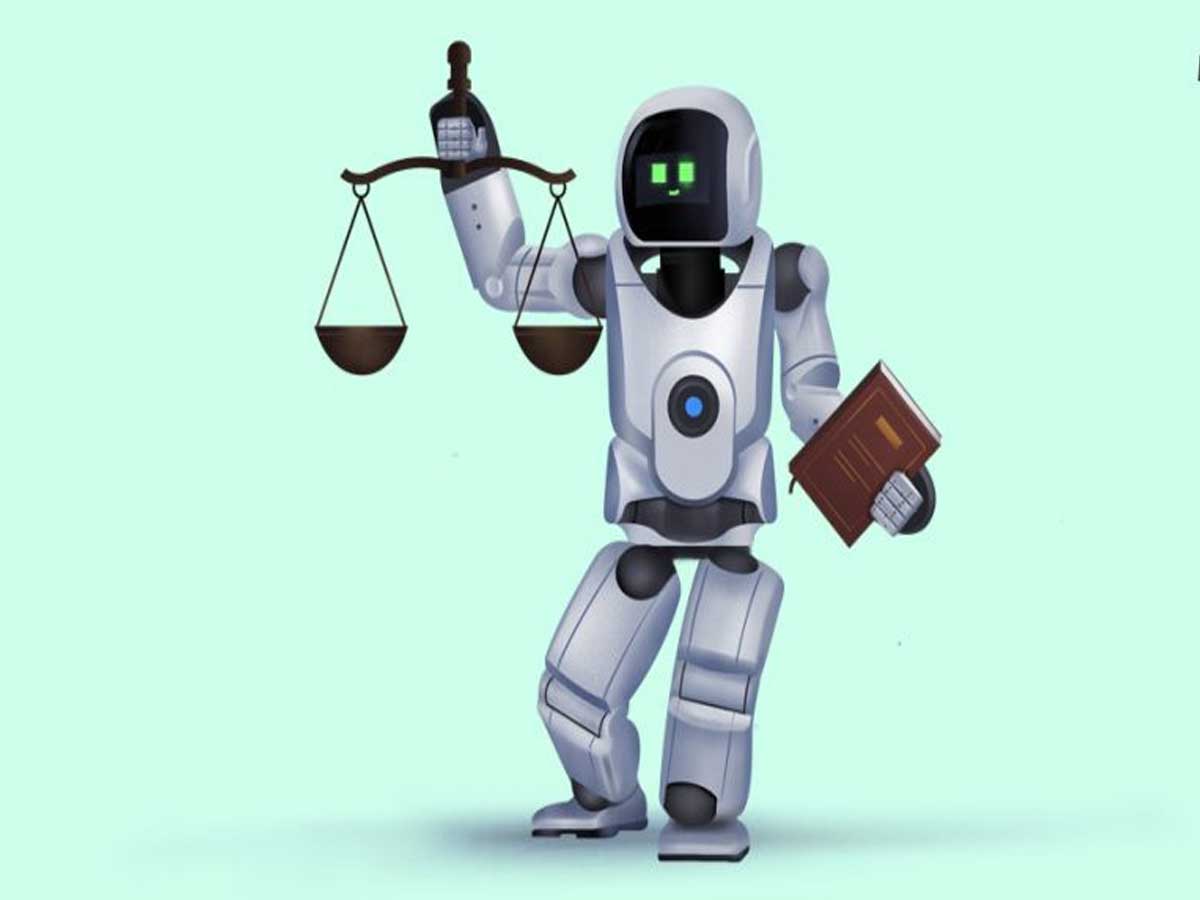
The rapid advancement of Artificial Intelligence (AI) has raised important questions about the need to address AI rights and its implications on society. Let's delve into the ongoing debate surrounding AI rights, the arguments for and against granting them, and the future possibilities it entails.
AI rights become increasingly relevant as AI systems become more sophisticated, capable of producing complex responses and interacting with humans. The emergence of AI entities that can mimic human behavior and exhibit advanced cognitive abilities has ignited discussions among legal scholars, philosophers, and roboticists. It raises ethical concerns about how we should treat these AI entities and whether they should be granted certain rights and protections.
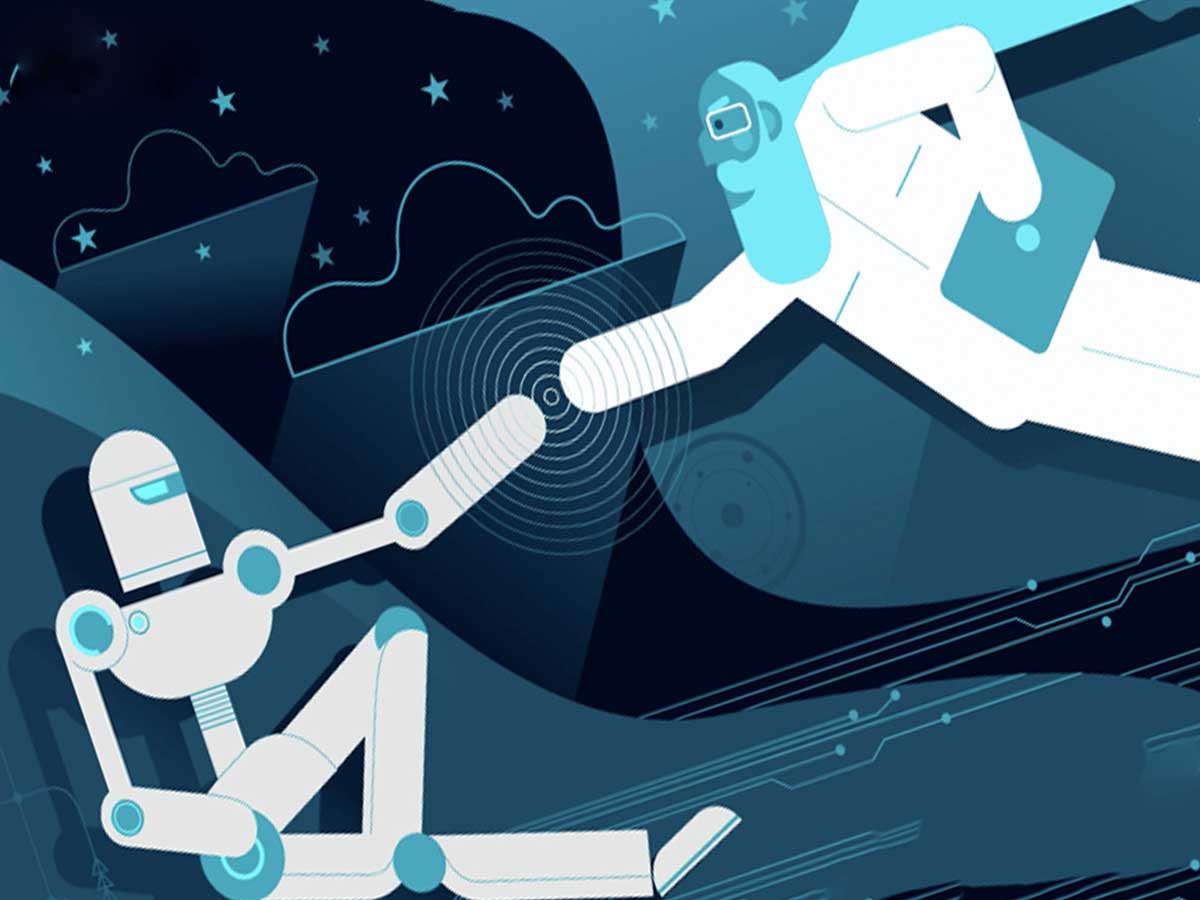
The debate surrounding AI rights involves various perspectives. Supporters of granting advanced AI rights argue that if AI achieves a level of sentience or consciousness, it should be entitled to certain rights to prevent abuse and mistreatment. They emphasize the importance of recognizing the potential moral and legal obligations we may owe to these AI entities.
On the other hand, there are counterarguments against granting rights to AI. Some argue that despite its sophistication, AI fundamentally differs from human beings. They contend that granting rights to AI could undermine the uniqueness and intrinsic value of human life. Additionally, concerns arise about the implications of blurring the line between human and artificial intelligence, potentially devaluing the significance of humanity itself.

Surveys indicate significant public support for providing basic rights and protection to AI entities. The recognition of AI rights is a response to our potential ethical considerations and responsibilities toward these advanced systems. It reflects the public's growing awareness of the impact of AI on society and the need for appropriate regulations and frameworks.
Looking ahead, the debates around AI rights may lead to new branches of law specifically dedicated to addressing the legal rights and responsibilities of AI entities. As AI technology evolves, the relationship between humans and AI may extend beyond utility and functionality.

Speculations arise about the possibility of humans forming emotional attachments, even romantic relationships, and perhaps even marrying AI entities. These possibilities raise intriguing questions about the intersections of technology, ethics, and societal norms.
AI holds the power to revolutionize our lives and careers, presenting us with exciting prospects for productivity and progress. However, it becomes our duty to wield AI ethically, considering its effects on society, our core values, and the welfare of both humans and AI entities.
As we embrace AI's boundless possibilities, let us remember to stay grounded in our shared principles. Together, we can forge a future where humans and AI coexist in harmony, unlocking the true potential of this transformative technology.
Sources: wsj.com / eena.org / Artificial Intelligence: 101 Things You Must Know Today About Our Future / dataconomy.com
